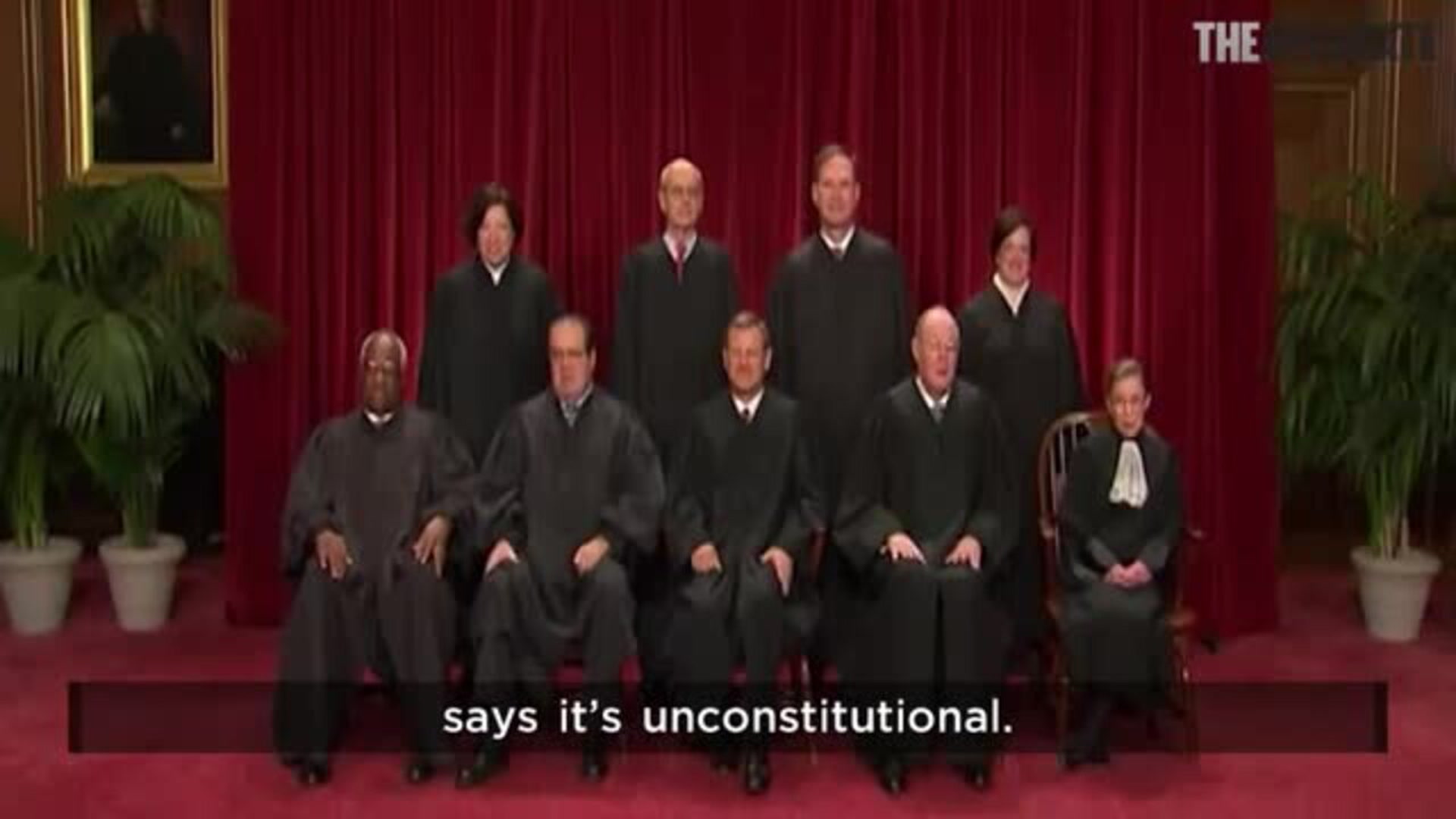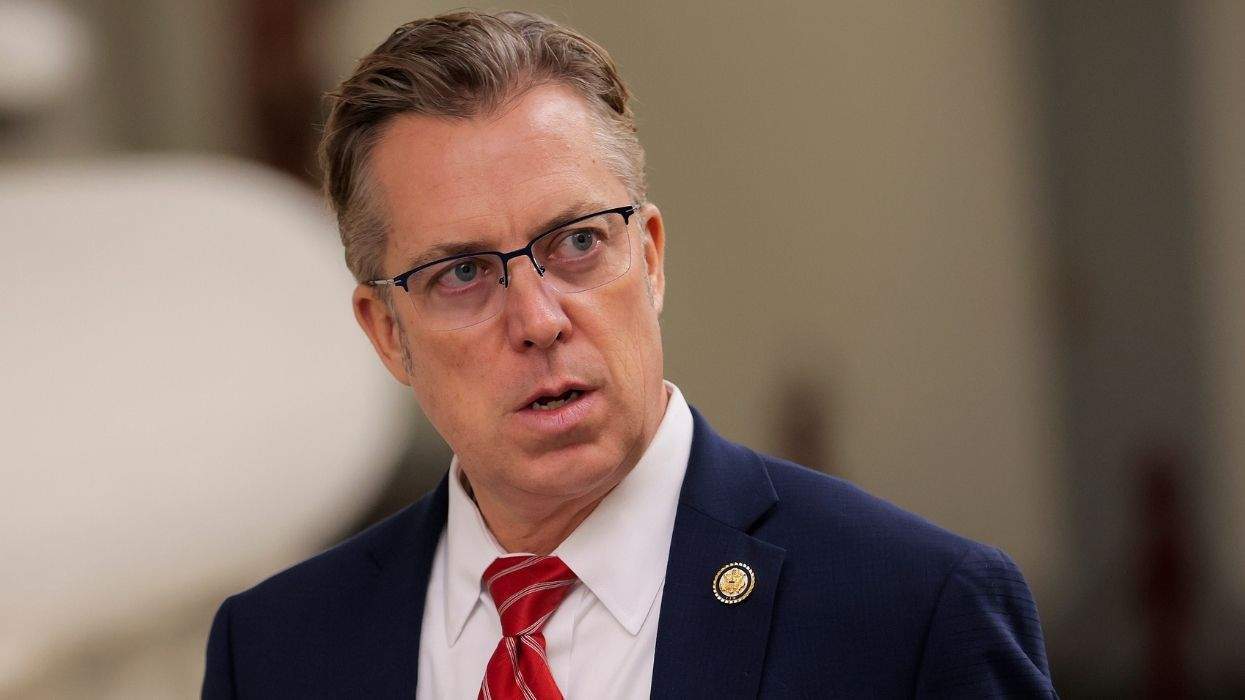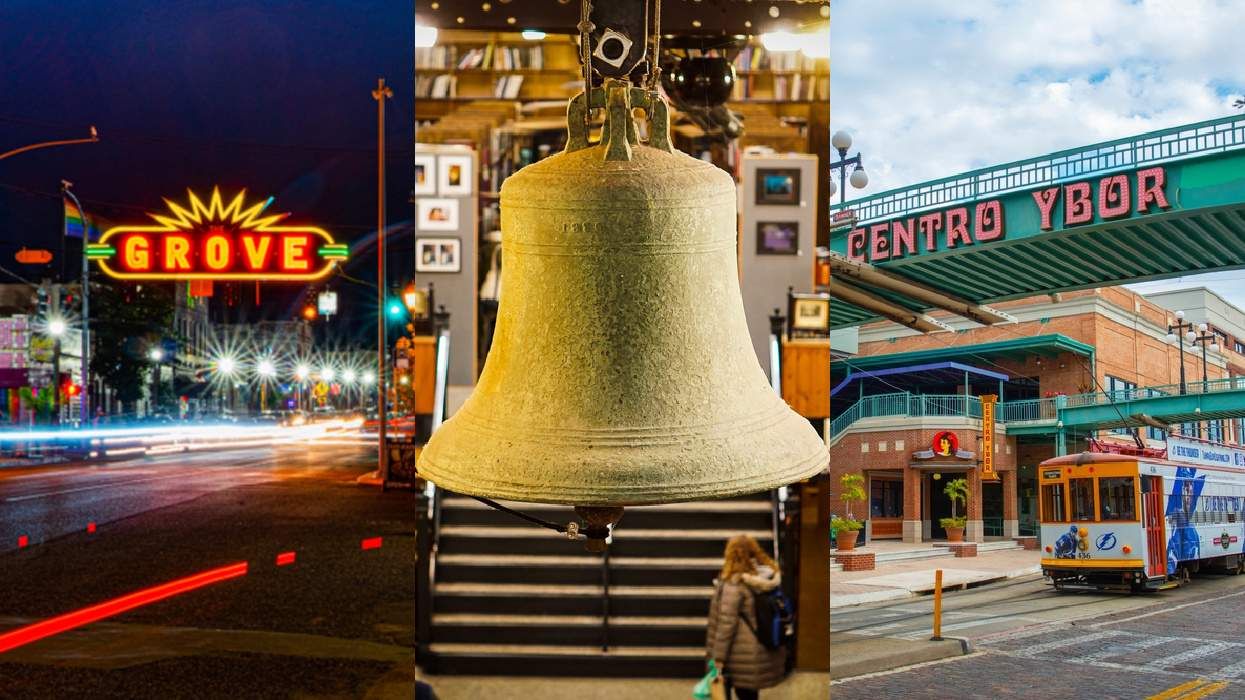Following the passage of anti-LGBT legislation in North Carolina and Mississippi, the tourism boards of both states report that visitors have been canceling their scheduled trips to the embattled locales.
The Economic Development Partnership of North Carolina, the Tar Heel State's travel bureau, told the U.K.'s PRWeek that "some visitors have expressed hesitation about travelling to our state." Meanwhile, the Mississippi Tourism Association said that it would be increasing its efforts to attract LGBT tourists to the state in the face of tourists redirecting their visits elsewhere.
"Our industry is made up of large and small businesses that employ over 115,000 Mississippians, each who cherish the individual freedoms that have made America great," the MTA said in a statement on its Facebook page. "But with this freedom comes responsibility, and we believe that we must take the responsibility to reiterate the Mississippi Tourism Industry's message of welcome that is the hallmark of our great state."
The press release was part of the MTA's "All Are Welcome" campaign, mounted in response to the passage of House Bill 1523 on April 5. Passed as a so-called religious liberty bill, HB 1523 allows businesses to legally deny service to LGBT customers on the basis of "sincerely held religious beliefs or moral convictions." The law also requires the state to reject the authentic gender identity of transgender individuals in all official records.
Just weeks earlier, North Carolina signed into law House Bill 2, which struck down LGBT-inclusive nondiscrimination ordinances across the state (and prohibited the adoption of new ones), barred transgender people from using public restrooms that correspond with their gender identity, revoked the ability for residents to sue for discrimination in state court, and barred all localities from setting a minimum wage higher than the state's.
After those bills were passed, the U.K. Foreign Office issued a warning to all British travelers considering a visit to America. "The U.S. is an extremely diverse society and attitudes towards LGBT people differ hugely across the country," the British department said in an April 20 statement. "LGBT travellers may be affected by legislation passed recently in the states of North Carolina and Mississippi."
In addition, five U.S. states -- as well as Washington, D.C., -- have banned nonessential government travel to either North Carolina or Mississippi. These include Vermont, New York, Connecticut, Washington, and Minnesota. Twenty additional cities and counties across the United States have done the same.
The loss in revenue generated by these travel bans could potentially have a huge impact on states that have passed anti-LGBT legislation. According to the MTA, tourism is a $6 billion in the Magnolia State -- its fourth-largest industry. The state's tourism outfit already garnered critique from activists frustrated that out Good Morning America anchor and native Mississippian Robin Roberts graces the state's official tourism guide for the year.
After The Advocate reported on the cover photo (which was shot well before the state passed HB 1523), Roberts said the state's discriminatory law "hurts my soul," adding that she and her girlfriend have always felt welcomed in Roberts' home state.
Meanwhile, North Carolina's tourism board reports that the Tar Heel State ranks as "the nation's sixth most-visited state for overnight travel."
North Carolina has reportedly already felt the economic impact of widespread boycotts against HB 2. After the bill was signed into law, more than 160 businesses spoke out to condemn the legislation, with companies like PayPal and Deutsche Bank pulling out of planned expansions in the state. The Guardian estimated that Raleigh-Durham had been set back $3 billion in potential business in just a handful of weeks, while the city of Greensboro reports has lost $6 million in revenue since March.
In that climate, North Carolina's tourism industry has urged lawmakers to devise a solution to the HB 2 controversy. "We are confident our state's lawmakers and governor will work together to consider ways to best address the concerns of all parties affected by this legislation, and we encourage a timely resolution of this matter," the Economic Development Partnership of North Carolina told PR Week.
















Charlie Kirk DID say stoning gay people was the 'perfect law' — and these other heinous quotes
These are some of his worst comments about LGBTQ+ people made by Charlie Kirk.